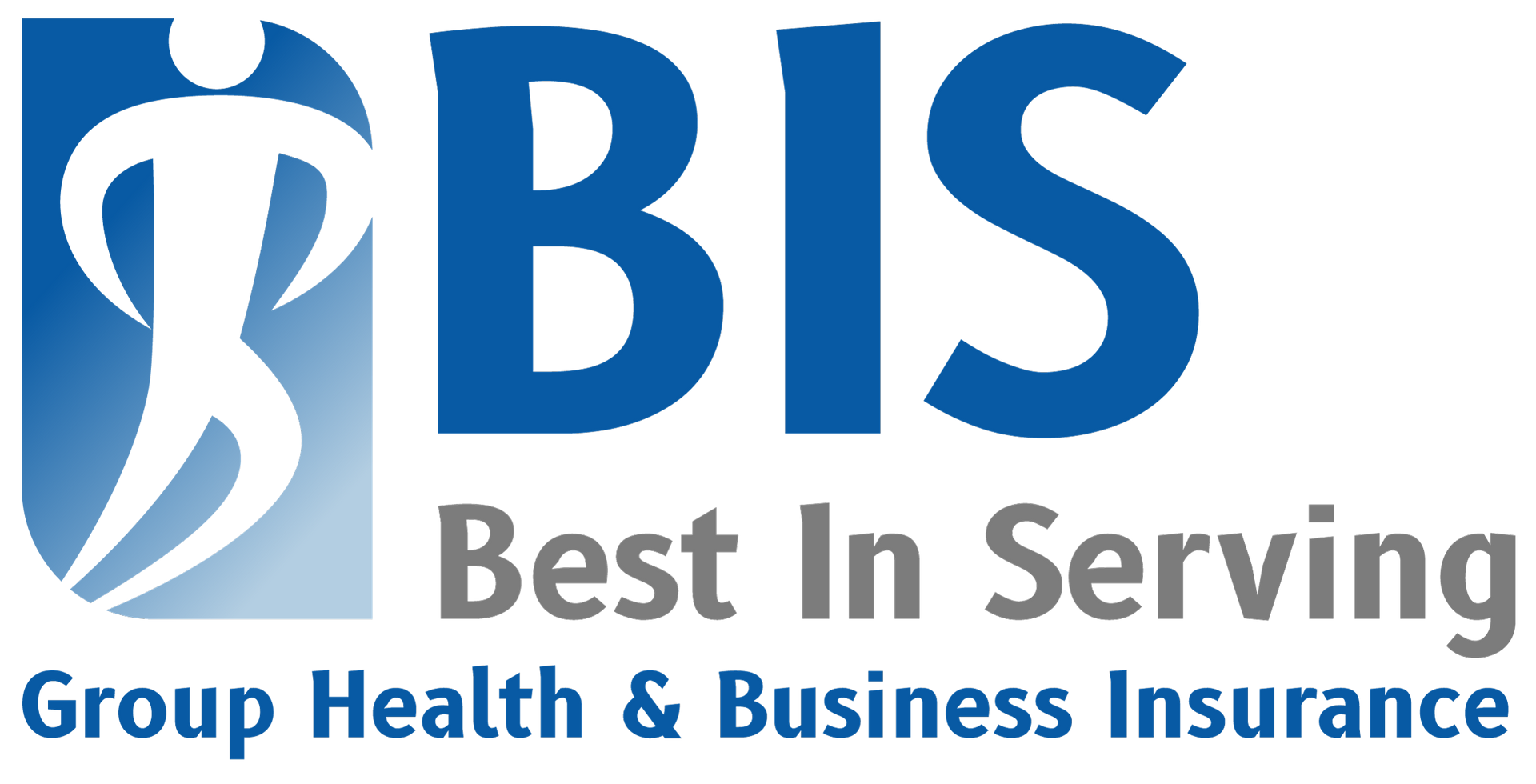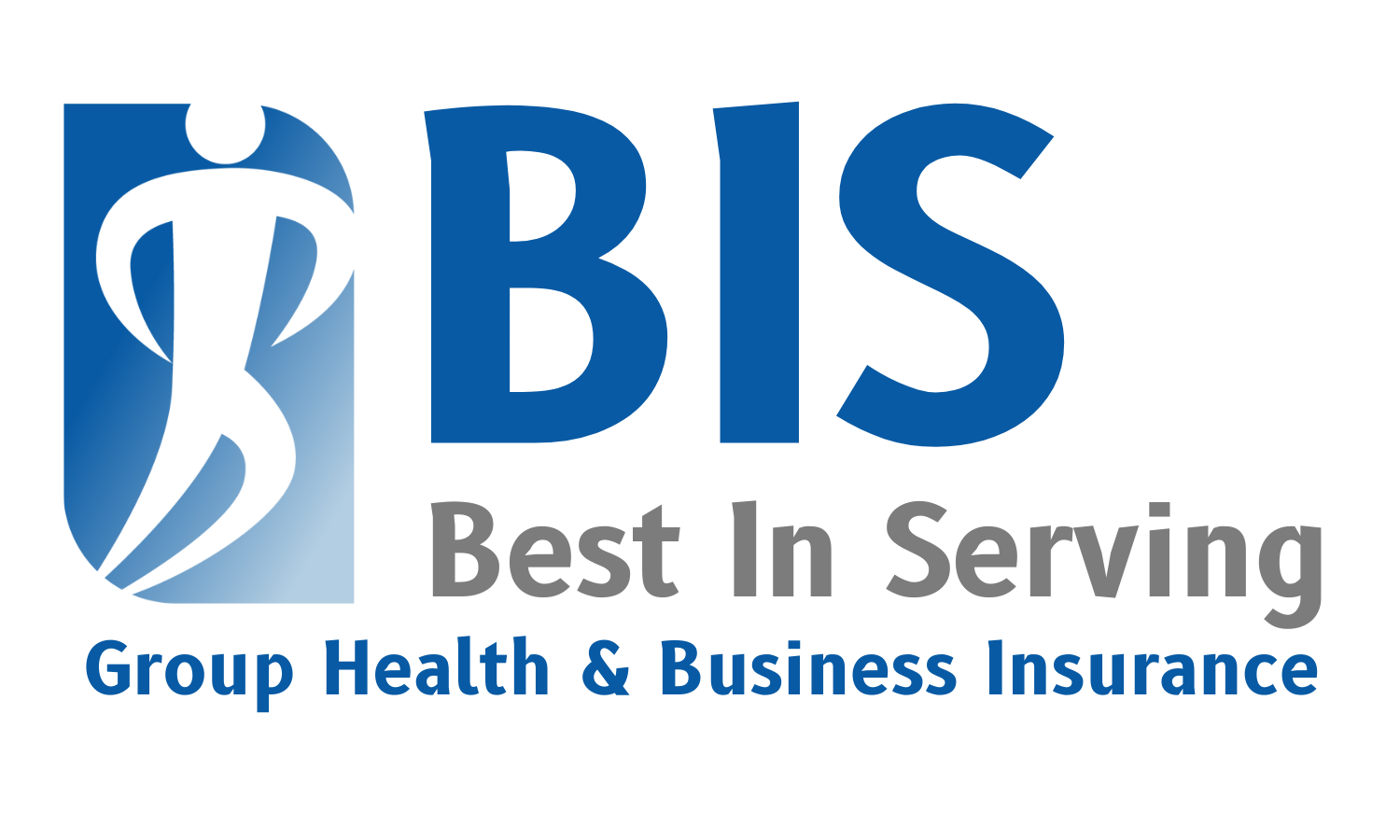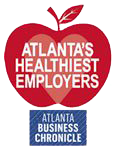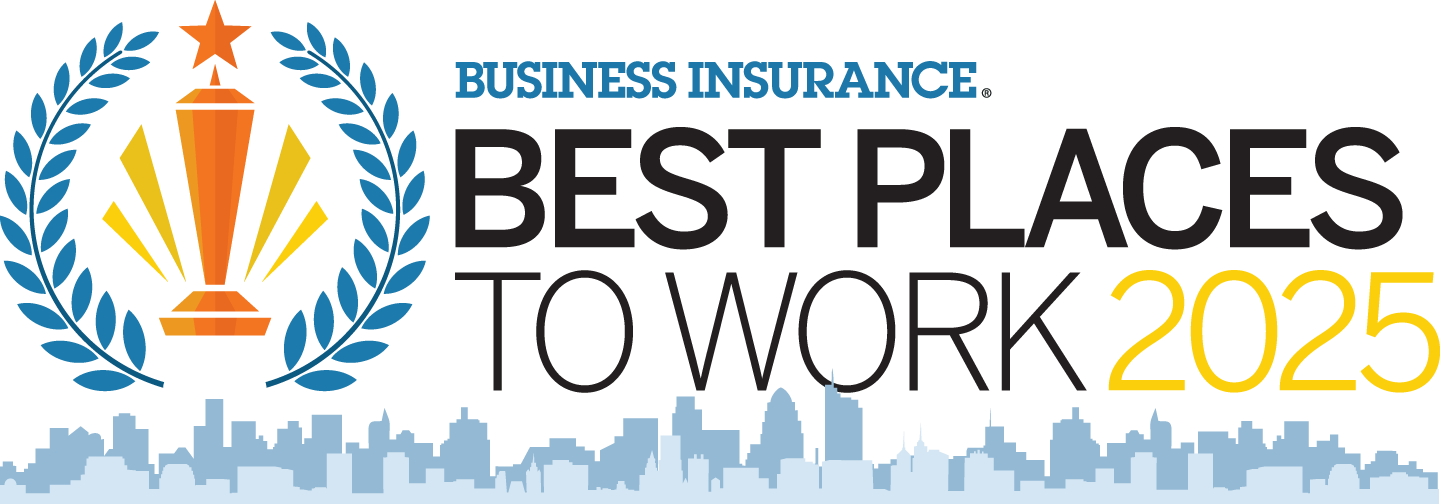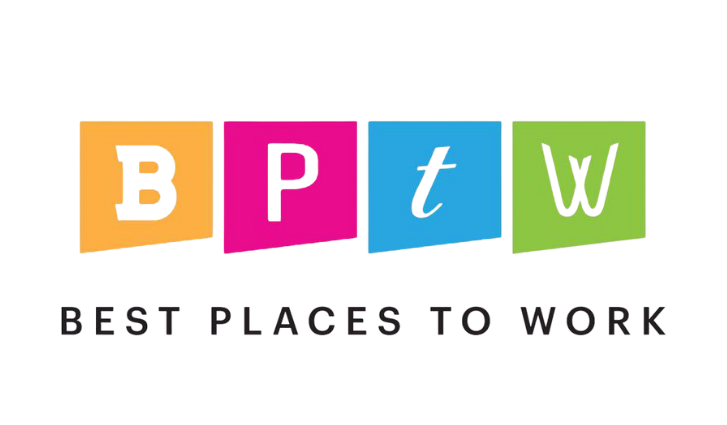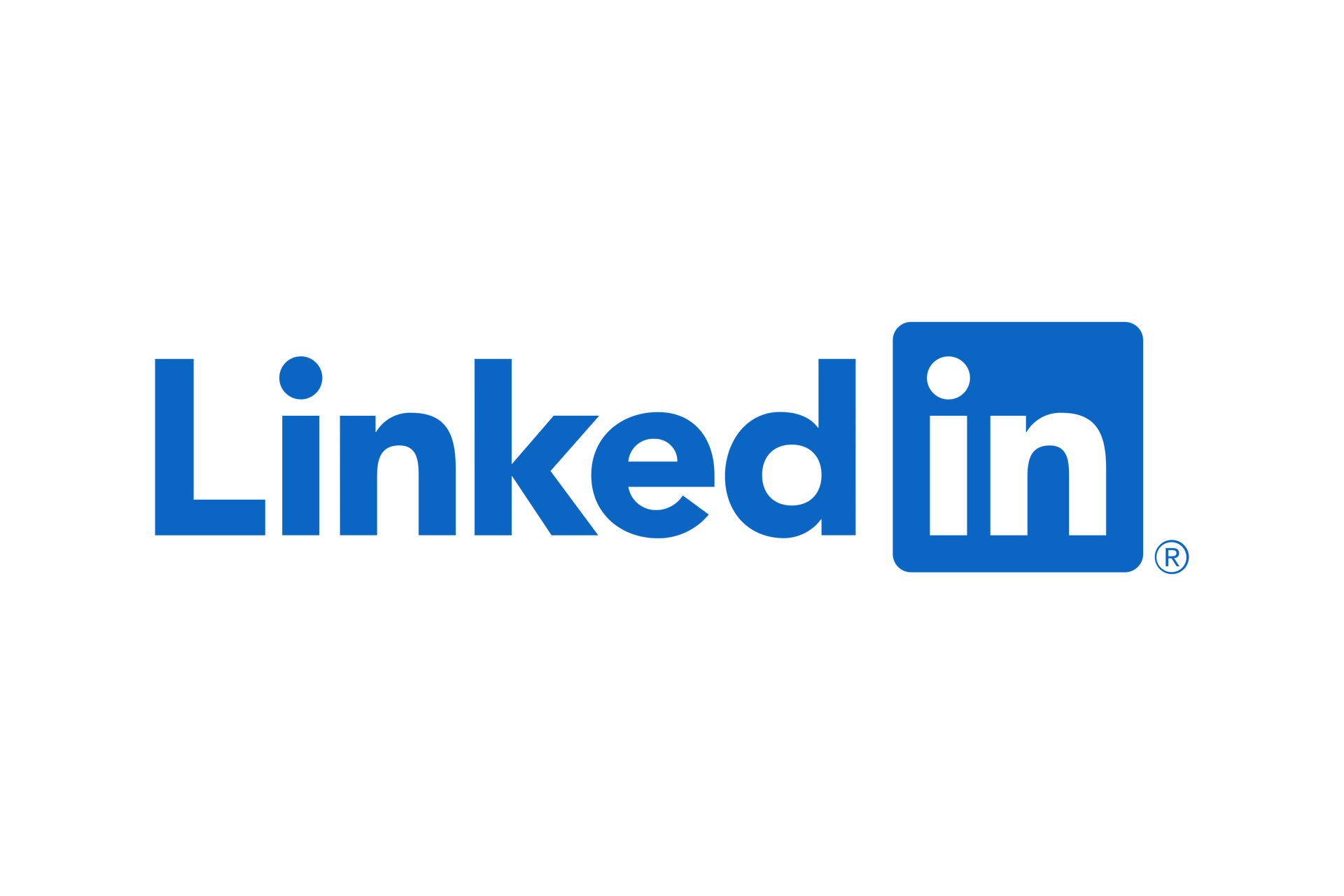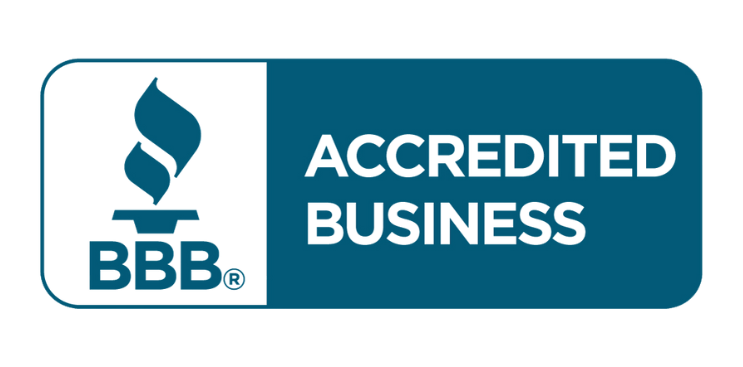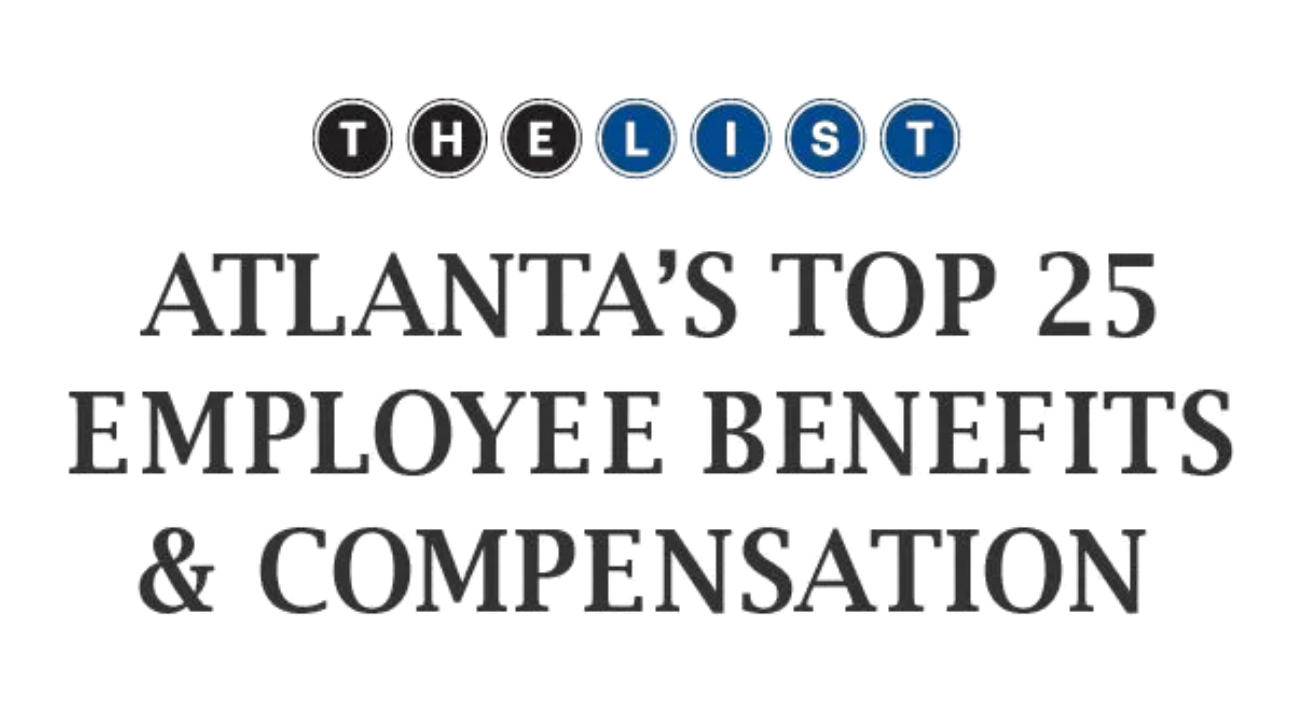An Employer's Guide to Workers Comp Exemptions
Many entrepreneurs don't realize what a significant liability it can be to run a business until they're already well in the thick of it. There is risk from virtually all angles. If yours is the type of organization that interacts with members of the public, a customer could slip and fall. If you perform a service on behalf of others, they might say those services caused some type of damage. The list goes on.
Because of all this, business liability insurance is often one of the biggest expenses most companies have. A major chunk of that is workers compensation insurance - although workers comp exemptions could ease a bit of that burden, provided you approach things from the right angle.
What is Workers Compensation Insurance?
If yours is a business that
hires and maintains employees, you need to have workers compensation insurance. This is a type of insurance that is required by law (in all states except Texas) that provides financial coverage for employees who are injured or become sick while performing their duties.
Who Qualifies for Workers' Compensation Exemptions?
The answer to this question depends on the specific type of workers' compensation exemption in question. Often, companies seek exemptions to avoid providing insurance for independent contractors, who are typically not considered employees under workers' compensation laws. In some states, business owners, partners, and corporate officers may also qualify for exemptions, especially if they have a certain level of ownership or control over the company. However, the criteria and process for obtaining an exemption can vary widely by state, industry, and the nature of the work being performed.
Workers' Compensation Exemptions in Georgia
In the state of Georgia specifically, you need to regularly employ three or more people to be required to have workers compensation insurance. While corporate officers and LLC members in the state are automatically included in this, it is possible to apply for an exemption. However, only five officers or members can be exempt from coverage at any one time.
How to Apply for a Workers' Compensation Exemption
Applying for a workers compensation exemption is something that can be done using Form WC-10. The state of Georgia also offers a free online tool that you can use to verify your organization's current workers compensation insurance coverage. You can search for your business by name or by using the FEIN - whichever you prefer.
When filling out the form, you'll need to provide a few key pieces of information. This includes information about the employee in question, and a description of the type of company you operate. You'll need to provide not only proof that you own the business, but proof that all relevant licenses are up-to-date, too.

If necessary, you'll also need to provide contact information for your company's workers compensation insurance carrier. Note that this is needed if you do offer workers compensation insurance to some employees, but not to all of them. If you're trying to avoid the requirement to provide this level of coverage altogether, you wouldn't necessarily have this information.
You'll also have to pay an appropriate application fee. Once everything is filled out and submitted, your application will either be approved or denied. Assuming that the application is approved, you'll get a certificate that will act as proof moving forward.
Benefits of Workers' Compensation Exemptions
The major benefit of applying for workers compensation exemptions is one of cost-savings. Not having to pay for workers' compensation insurance should dramatically reduce the amount you'll pay for business insurance coverage across the board. The money that you free up can then be funneled back into other areas of the business where it can do the most good.
Risks and Drawbacks of Workers' Compensation Exemptions
Of course, just because you're able to apply for a workers compensation exemption doesn't necessarily mean that it is a good idea.
It's entirely possible that you could apply for one on certain grounds and get approved - only to turn around and get sued by employees who feel their employer is liable for any injuries they sustained while on-the-job.
Yes, it's true that you were granted the exemption - but that doesn't mean you're automatically in the clear forever. At a bare minimum, you'll have to pay money to litigate that lawsuit, even if you do come out victorious in court. That can be a huge financial burden - not to mention a massive time commitment - that you might not be able to afford to deal with.
The other downside comes by way of a scenario where you're applying for a workers compensation exemption as a sole proprietor. Keep in mind that whatever health insurance you get won't automatically cover you for any workplace injuries. You might have to pay out of pocket for any necessary medical care. You think you're saving money now by avoiding workers compensation insurance premiums, but you could easily be paying far more once all medical coverage is considered.
Secure Your Coverage: Get Workers' Compensation Insurance with BIS Benefits

At BIS Benefits, we understand that different factors always impact the amount that you'll pay for workers compensation insurance. These can include but are certainly not limited to job risk, claims history, business and payroll size, and more.
More than anything, we want to help make sure that you're paying for the exact type of coverage you need - the kind that will protect you in the event that a claim is filed and that won't cost an exorbitant amount of money when one isn't. That's why we take the time to get to know as much about your business, and your personal goals, as possible.
Only then will we be able to make sure that you have the correct coverage for the most cost-effective prices possible. At that point, you can worry less about insurance and focus more of your attention on running the most successful business that you can, free from restrictions or compromise.
If workers comp exemption is a topic that you're eager to find out more about, or if you just have any additional questions that you'd like to go over with someone in a bit more detail, please don't hesitate to
contact the team at BIS Benefits today.
